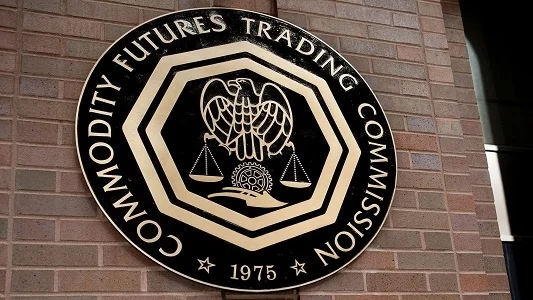ICE warns CFTC about commodity market intervention
14th February, 2023|Radi Khasawneh

The COO of ICE has warned the CFTC against intervention in commodity markets as has happened in Europe
The chief operating officer at Intercontinental Exchange (ICE) has warned the US Commodity Futures Trading Commission’s market advisory committee against intervention in commodity markets like the one into the European gas market.
Stuart Williams gave the example of the European natural gas price cap mechanism, implemented this month, as an example of an “unhelpful” intervention. He was talking at a global markets advisory hearing in Washington on Monday.
“We should not legislate for the sake of doing so,” Williams said. “We’ve seen a rather unhelpful implementation of a price cap in the futures market in Europe, it is well publicised that the European Commission, the European Securities and Markets Authority and Agency for the Cooperation of Energy Regulators all disagree as the regulatory bodies in Europe on that implementation. We certainly don’t see that that is going to have any positive impact on the market, if anything it could have a significant negative impact.”
He said the commodity markets in general had withstood last year's significant stresses.
“2022 stands unique in the extent and breadth of risk management headaches that our customers have had to deal with, and in reality have dealt with incredibly well,” he added. “The system that has been built has stood largely very well against the year of crisis that we have had in the last year.”
Julie Winkler, chief commercial officer at the CME Group, agreed, giving the example of its flagship West Texas Intermediate oil market.
“In the energy markets, similarly to what we saw with wheat, WTI prices increased significantly to over 60% between January and March highs,” she said. “They had the same spikes in implied volatility and were so high they were the largest upside price risk that we have seen in over ten years.”
The CME increased margin in increments before and after the start of the war, leading to only a single outright breach in its oil market in the period, according to a presentation slide. Winkler said more focus on risk management in the sector was expected next year.
“The risk management approach we used for energy was similar to what we did for wheat – normal procedures such as 24 to 48 hours notice for any margin increases, allowing the market to respond and absorb those needs,” she said. “As we look forward to 2023, it is going to be a time for renewed focus around commodity risk management. China is expected to grow again, as they work through local stockpiles, and that will increase demand for other commodities. Russia is still producing oil at pre-war levels.”
The updates come as the LME reviews the recommendations of an Oliver Wyman investigation into its nickel trading suspension last March. British regulators the Financial Conduct Authority and the Bank of England started in April conducting their own investigations into the LME suspension, both of which are yet to be published.


